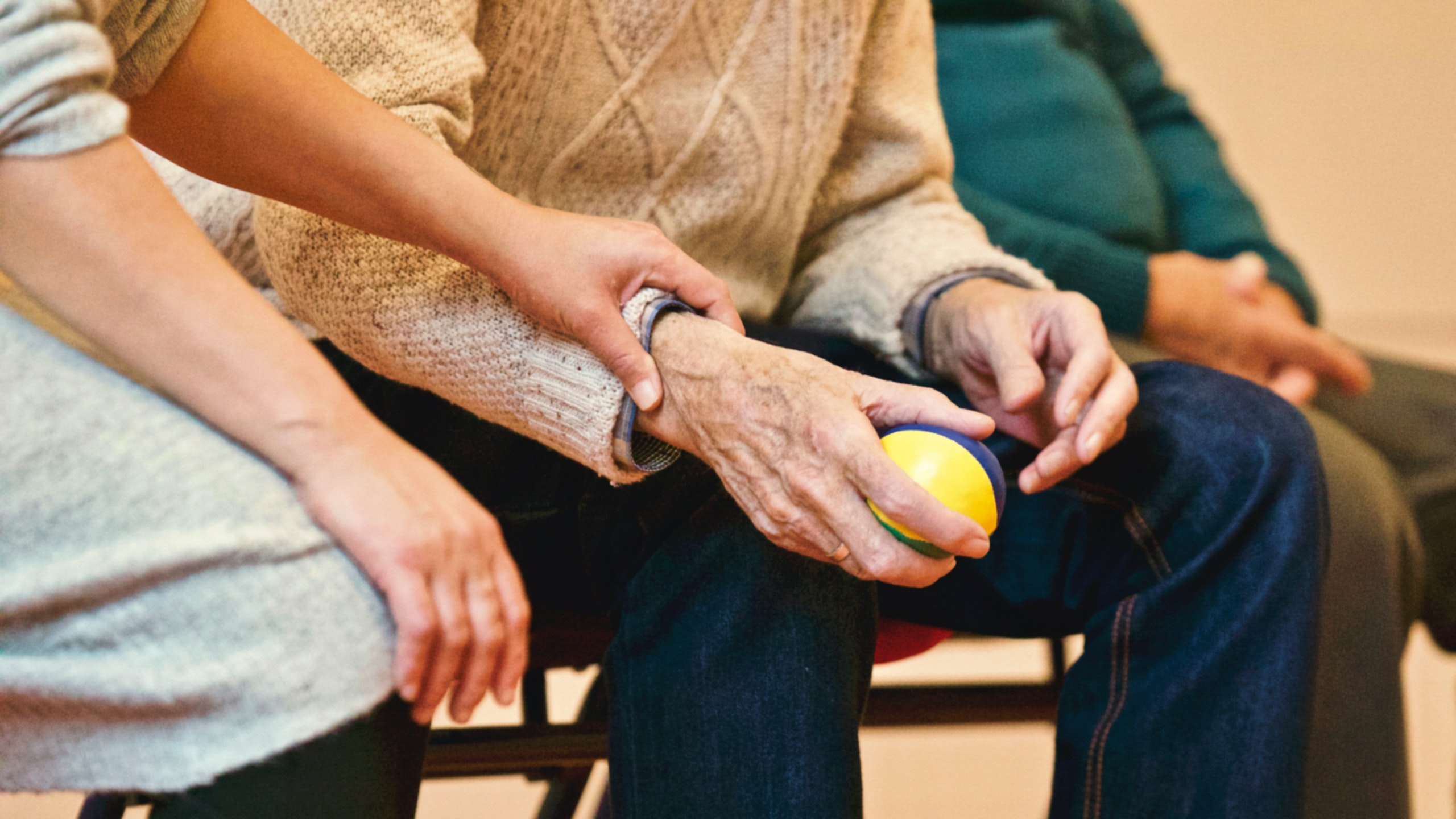Most adults have a preference for their own end-of-life care. However, making these decisions for someone else can be more difficult. While no simple answer fits everyone, you can ask a few questions that help clarify the issue and lead you to the best decisions.
What is the Prognosis?
Speaking to a loved one’s doctors can provide crucial information that makes planning easier. Medical professionals will explain treatment options, possible side effects, and the impact of decisions on the quality of life.
Doctors can provide advice about whether the patient would do best in the hospital or at a hospice house nearby. If you choose a hospice, a team of professionals will care for your family member’s social, religious, psychological, and medical needs. While the focus is on keeping them comfortable, patients can still receive medical treatment.
Is an Advanced Directive in Place?
If you are making decisions for someone who has signed an advanced directive, there are fewer decisions. These documents spell out the person’s wishes regarding their health care and end-of-life issues.
According to MedicineNet, an advanced directive may be a living will, healthcare proxy, or power of attorney. Each has a specific purpose and is designed to provide guidance if a person is incapable of making their own medical decisions.
· A living will. A legal document that details what types of medical treatments an individual wants. Some wills are detailed, and some general.
· A health care proxy. A legal document giving another person the power to make healthcare decisions on the document owner’s behalf.
· A power of attorney. A legal document that assigns a specified individual the power to handle business transactions in the event the document’s owner cannot. The document gives an individual the authority to handle issues like signing checks, applying for disability, and paying bills.
What Would I Want in This Situation?
When you have no clear guidance, and a loved one cannot make their own end-of-life decisions, professionals recommend trying to put yourself in your family member’s position. This is called using substitute judgment, and it helps you gauge what you would want in the same situation.
The National Institute on Aging suggests that family members with no clear idea of a loved one’s wishes should use substitute judgment while also considering the person’s best interests.
For example, if a family member with a poor prognosis left no directions and it was always clear they didn’t want to be in pain at the end of life, you might choose hospice care that keeps them comfortable.
Are There Cultural Considerations?
Considering your family member’s cultural background and history can help determine how they view end-of-life decisions. Talk to other family members, who can often shed light on a relative’s expectations, choices, and needs.
Religions can significantly affect healthcare decisions and how and where someone wants to die. Medical staff may not be familiar with patients’ beliefs and customs, so it’s crucial to communicate details to healthcare professionals as soon as possible to avoid confusion.
Ensure that planned treatments fit into your relative’s wishes. Honoring a loved one’s wishes can bring them comfort and dignity if you can make it work.
Making end-of-life choices for another is never easy, but asking the right questions helps ensure you make the best decisions. Advanced directives can provide guidance, but many people do not have them. If someone is incapacitated, and you need to make end-of-life decisions for them, it helps to put yourself in the dying person’s place, weigh medical advice, and consider your relative’s background and culture.




